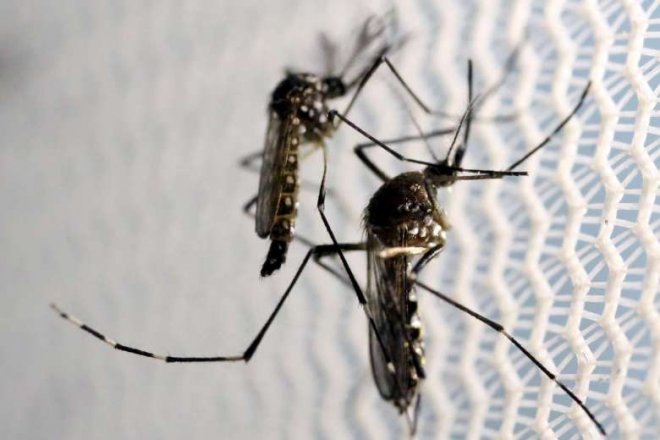
The National Environment Agency (NEA) said on Wednesday that three new cases of locally transmitted Zika virus infection have been confirmed at Serangoon North Avenue 1 in Singapore. The authorities added that all three cases are residents in the area.
NEA said that it was informed about the cluster on Wednesday and has already started vector control operations and outreach efforts at the cluster area.
"NEA has been conducting preventive inspections in the vicinity before the cluster at Serangoon North Avenue 1 was notified to detect and destroy any potential mosquito breeding habitats," the agency told Channel NewsAsia.
The authorities have urged the residents to be careful and continue to eliminate mosquito breeding habitats in their vicinity. The members of the public are advised to apply mosquito repellent as a precaution and to seek medical attention if they are unwell, especially with symptoms such as fever and rash.
"Zika information leaflets and insect repellents will be distributed to households to raise the general awareness of Zika, and reiterate the need for source reduction to prevent mosquito breeding. Residents are advised to apply repellent as a precaution," NEA said.
In late June, two locally transmitted Zika cases were reported at Kensington Park Drive while another two cases of Zika were confirmed at Parry Avenue in early June. Reports said that both these areas are located at the Serangoon Garden area.
Zika is a mosquito-borne virus that was first identified in Uganda in 1947. It can be passed from a pregnant woman to her unborn baby. Zika virus can cause birth defects and can also result in microcephaly in which the baby's head is smaller than expected.
In cases of adults, Zika infections have been linked to a rare neurological syndrome known as Guillain-Barre and other neurological disorders as well.
The World Health Organisation said people infected with Zika can have symptoms including mild fever, skin rash, conjunctivitis, muscle and joint pain, malaise or headache. These Zika symptoms normally last for two to seven days.
There is no treatment or vaccine for Zika infection yet. Companies and scientists are working to develop a safe and effective vaccine for the virus. Zika is commonly said to be a close cousin of dengue and chikungunya.









